As a small to medium-sized enterprise in Belgium, it can be challenging to determine the role you need to fill when it comes to financial management. Three common positions that may come to mind are CFO, controller, and accountant. Although these roles may seem similar, they have distinct differences that can impact your business’s financial success.
Chief Financial Officer
A CFO is responsible for overseeing all financial activity within an organization. They typically report to the CEO and board of directors and are responsible for making strategic financial decisions. CFOs often have a broad range of responsibilities, including financial planning and analysis, risk management, and financial reporting.
In a SME, the CFO may also take on tasks such as managing the budget, forecasting cash flow, and overseeing fundraising efforts. They act as a strategic partner to the CEO and can provide insights on the financial implications of business decisions.
Controller
A controller is responsible for the day-to-day financial operations of a company. They oversee the accounting department and ensure that financial statements are accurate and comply with relevant regulations. Controllers also manage the company’s internal controls and financial reporting processes.
In a SME, the controller may also be responsible for managing accounts payable and accounts receivable, preparing financial statements, and managing tax compliance. They act as a key player in ensuring the financial health of the company.
Accountant
An accountant is responsible for maintaining financial records and ensuring that they are accurate and up-to-date. They may prepare financial statements, manage accounts payable and accounts receivable, and handle tax compliance.
In a SME, accountants may also take on additional responsibilities such as managing payroll and providing financial advice to the CEO. They are responsible for ensuring that the company’s financial records are accurate and comply with relevant regulations.
A solid Finance Function
In a startup- and scale-up environment, where resources are limited, it is often the case that more than one role is combined, in a part-time engagement. When possible, the controlling and CFO function is performed in an efficient manner, by installing automated processes and clear communication between the administrative, accounting and finance function for the company. This creates clear roles to ensure solid financial and business management.

Conclusion
In summary, a CFO is responsible for strategic financial decision-making, a controller manages the day-to-day financial operations, and an accountant focuses on maintaining accurate financial records. Although these roles may have overlapping responsibilities, they each play a critical role in ensuring the financial health of a SME in Belgium.
If you are unsure which role to fill in your organization, it’s essential to evaluate your business’s specific needs and determine which financial management position aligns best with your goals.
FUNFACT
The CFO of Apple, Luca Maestri, was an accountant before joining Apple in 2013. During his time at the company, he has helped to execute a financial strategy that has contributed to Apple’s success, leading to a record-breaking stock market surge and making Apple the world’s first trillion-dollar company.
Talk to the experts
How do your profitability metrics measure up to your industry’s norms? And is there a way to improve your results to increase your profit margins? Contact CFOrent for expert help and insights on measuring, monitoring, and improving your profitability metrics to take your company to the next level.




